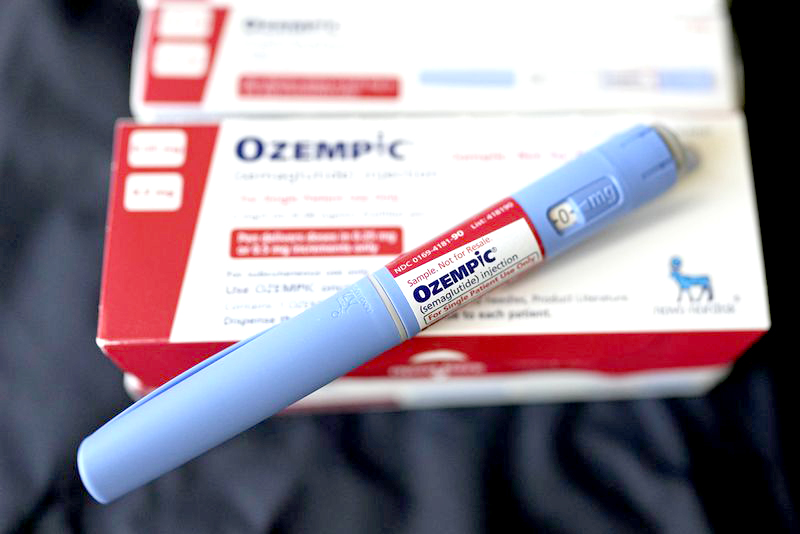By Leada Gore
It’s typical advice given to someone undergoing a medical procedure involving general anesthesia: Don’t eat or drink anything for a period prior to the operation.
Forgoing food or water is a safety measure designed to help prevent a patient from aspirating, making breathing difficult or even impossible.
Now, the American Society of Anesthesiologists, or ASA, is providing new guidance along those lines but specifically dealing with individuals who take certain popular medications for diabetes or weight loss.
ASA’s guidance suggests withholding medications like Wegovy or Ozempic prior to surgery to reduce the risk of complications with anesthesia. The guidance, the group said, reflects concerns over delayed stomach emptying which could cause patients undergoing anesthesia to experience aspiration, nausea, or vomiting.
“While there is currently a lack of scientific data on how (the medications) affect patients having surgery and interact with anesthesia, we’ve received anecdotal reports that the delay in stomach emptying could be associated with an increased risk of regurgitation and aspiration of food into the airways and lungs during general anesthesia and deep sedation,” ASA President Michael W. Champeau, M.D., FAAP, FASA, said in a statement, adding the guidance includes stopping the mediations in advance of an elective procedure.
Wegovy and Ozempic are brand names for a drug called semaglutide that helps control blood sugar levels in adults with diabetes. They and other glucagon-like peptide-1 (GLP-1) receptor agonists like Trulicity can delay stomach emptying, decrease hunger and reduce how much people eat.
It is now advised that people who take the medications daily skip their dose on the day of their procedure or surgery. Those who take it weekly should not take their dose the week prior to the procedure.
You should also talk to your doctor to see if another medication is recommended leading up to surgery to help control your condition.











